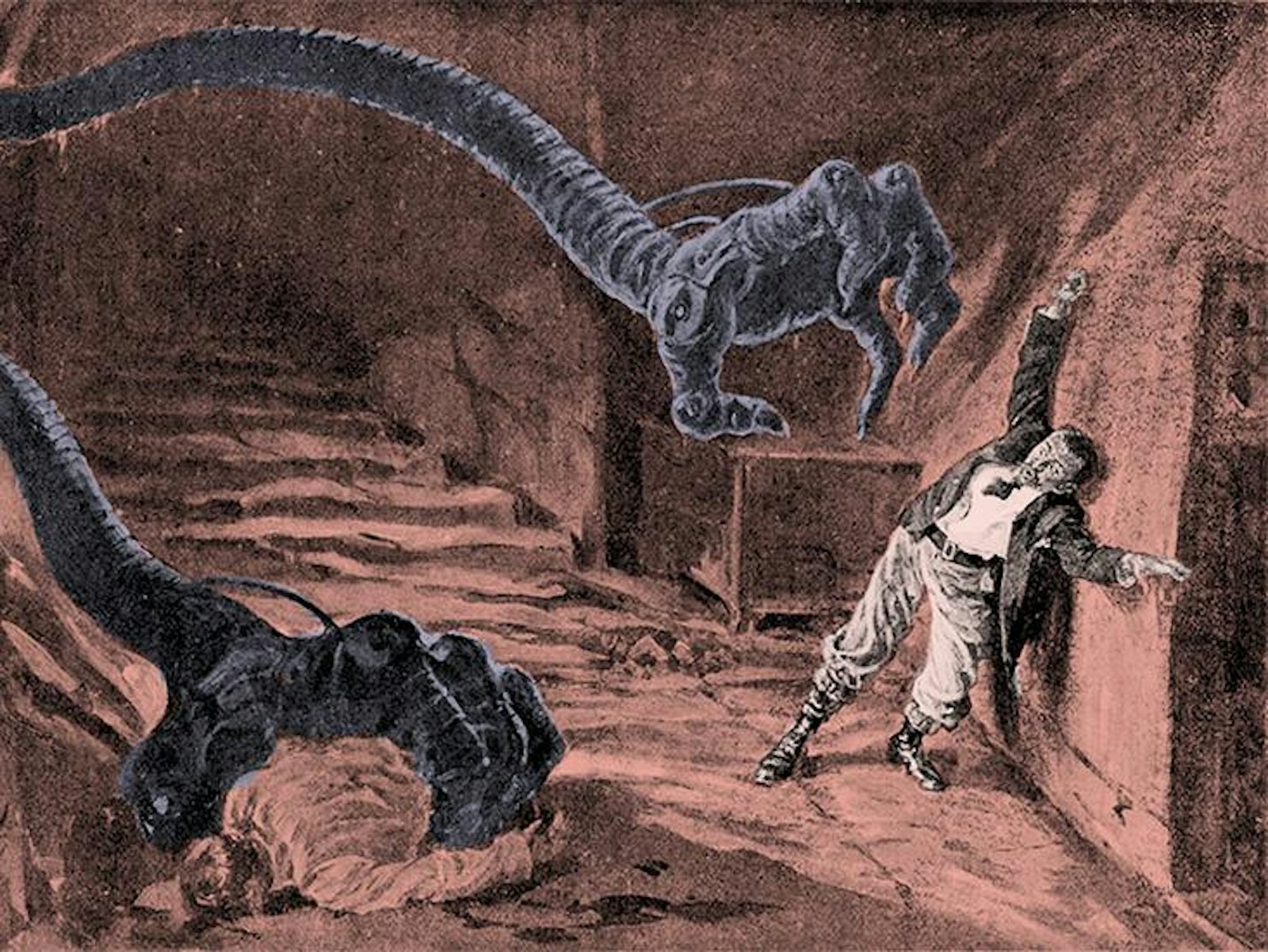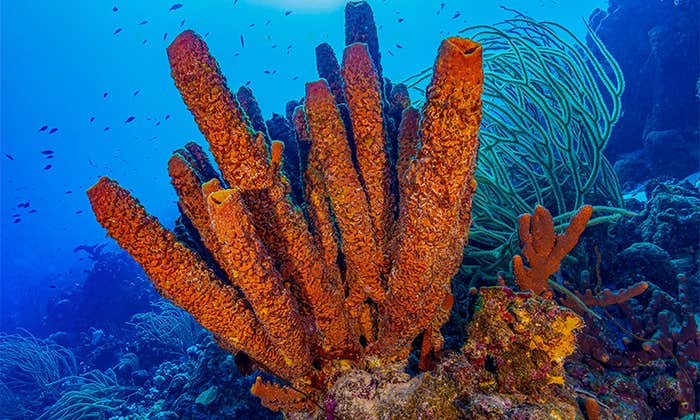When H.G. Wells wrote about aliens, his wild imaginings were shaped by Darwin’s theory of evolution. In The War of the Worlds, giant Martian invaders with whip-like arms are threatened by extinction and so expand into a new ecological niche by colonizing other planets, notably Earth. In The Time Machine, a time traveler visiting the future stumbles upon two posthuman species. What led Wells to these majestic speculations, inspiring science-fiction buffs and also many scientists to this day? A firm belief in the universality of evolution by natural selection.
But does evolution operate the same on life everywhere? The success of Darwinian theory to explain life on Earth has lulled many of us into thinking that it must be. In fact evolution might have functioned by different mechanisms in Earth’s distant past as well as elsewhere in the galaxy. We could envision a planet dominated by Lamarckian inheritance of acquired traits, or a world where large mutations—and not the gradual variation of natural selection—are the main agents of change. The trouble is that we don’t have a way to confirm if the mode of terrestrial evolution is generalizable to all life or is the result of mere happenstance.
This could soon change. Advances in the field of astrobiology may one day allow us to test evolutionary theory on empirical grounds. The discovery of numerous habitable planets on almost a daily basis means that one day we may find one or more with evidence of life, whether that’s in the form of fossils, microbes in subglacial oceans on a far-flung moon, an oxygen-rich atmosphere of an exoplanet, a radio message from ET, or even an alien artifact. Any evidence of life elsewhere in the universe will help us understand whether the mechanisms of evolution extend beyond our planet to the cosmos.
There is a minor hang up, though. We are not entirely sure how selection works on Earth.
Consider the classic problem of the origin of the complexity of life we see today. The theory of evolution tells us that organisms evolved from a common ancestor starting from the first, simple life form to more complex ones: Independent genes joined up to form chromosomes, organelles came to be incorporated into prokaryotic cells, and single-celled organisms gave rise to multicellular ones. The trouble is we aren’t sure how this hierarchy came to be. Natural selection doesn’t give us a clear answer as to why the selection pressures for more simple organisms didn’t get in the way of the development of higher level entities. Darwin touched upon this problem in The Descent of Man when he noted how in some cases, selfish behavior advances the survival of an individual, but the opposite action, self-sacrificial behavior, promotes the wellbeing of a group.
Evolution might function differently elsewhere in the galaxy.
One way to solve this would be to take a time machine back to Earth’s early history to observe the development of the biological hierarchy in action. But that’s not practical or likely. A slightly more realistic alternative would be the discovery and exploration of other life forms in the galaxy. Depending on whether body plans of aliens are grouped in taxa even remotely similar to the terrestrial ones, we could judge whether the processes creating the biological hierarchy are universal.
Another puzzle relates to a living being’s capacity to evolve. We know that some things are more flexible and easier to change than others, and that this relative capacity for change isn’t due only to permutations in the genetic script. There are other factors at work including regulatory networks and genome structure, but also the whole system within which the organism evolves. Consider that each major evolutionary innovation opens a larger space for possible variations. For example, before multicellular life appeared, there was only so much that unicellular organisms could do—they could not run, build hives or develop language. In this way, we can speak about all organisms on Earth as constrained by one network of evolutionary processes—a biosphere.
But if we come across life elsewhere, will we find that adaptation involves a rich feedback within a biosphere? Or will we come across a life form whose genetic variety comes entirely from within—like a form of evolutionary bootstrapping—in which all future changes of an individual are pre-programmed?
Toward the end of The Origin of Species, Darwin describes his theory in such a way that it transcends a specific time and place. One could imagine Darwin’s words resonating with an alien naturalist on the fourth planet of τ Ceti. Alfred Wallace, his co-discoverer, goes a step further. In his two booklets, the 1904 Man’s Place in the Universe and the 1907 Is Mars Habitable?, Wallace advocates applying our terrestrial understanding of evolution to other habitats in the universe.
For over 100 years, their words have been metaphysical musings. But for how long?
Milan Ćirković is a senior research associate at the Astronomical Observatory of Belgrade and an assistant professor in the Department of Physics at the University of Novi Sad in Serbia and Montenegro.
Watch: Complexity theorist David Krakauer explains the special genius of Charles Darwin.

This article was originally published on Nautilus Cosmos, in December 2016.


























